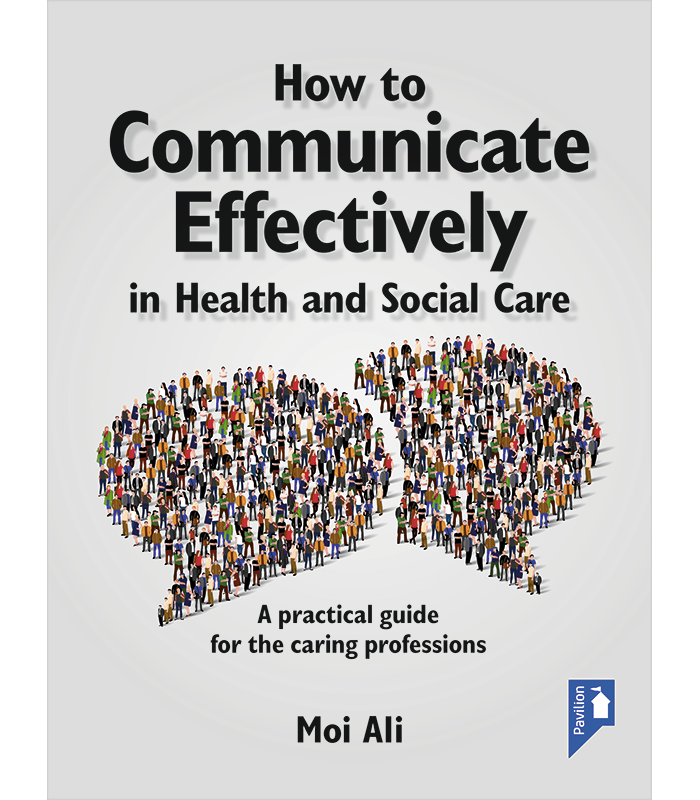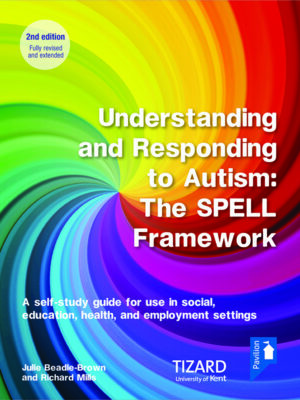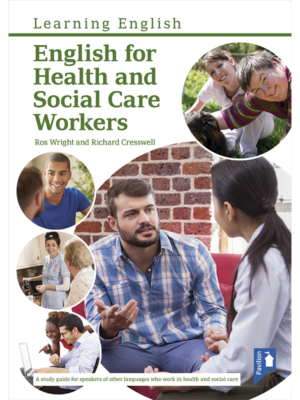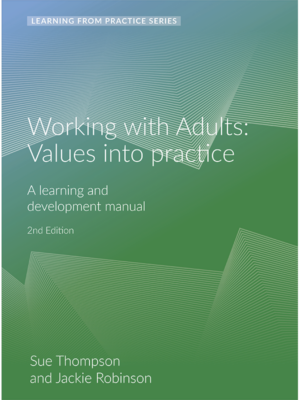Description
How to Communicate Effectively in Health and Social Care
There was once a time when having adequate technical skills and competencies, and the appropriate clinical management plan, was sufficient to be considered an effective member of the healthcare team. Today, effective communication is regarded as an essential skill for any healthcare or social care professional. The various healthcare professionals’ codes of practice all demand good communication as a basic requirement, and yet despite more than three decades’ mainstream acceptance of the positive impact of good communication, and widespread understanding of the consequences of poor communication, first-class communication is not always evident on hospital wards, in doctors’ and dentists’ surgeries, in ambulances and at clinics.
This practical handbook aims to address this problem for anyone working in health and social care, from students undergoing professional education or on practice placements to recently qualified doctors, nurses, midwives and paramedics.
Senior members of healthcare teams whose formal training may not have covered communications will find it helpful, as will many other staff, including non-regulated health and social care workers such as healthcare assistants, who have received limited formal training in communications.
‘At The Patients Association, via our national helpline, we hear every day from patients who tell us of both good and bad experiences they have had interacting with health care practitioners. I would always strongly recommend that any health and social care practitioner take time out of their busy schedule to pause and appraise their own work in order to grow and develop. What this book offers is the mirror to reflect, and the tools to guide this process in an easy and to-the-point manner.’
(Katherine Murphy, CEO, The Patients Association)
[ How to Communicate Effectively in Health and Social Care ]…’Provides an essential, necessary and timely addition to the literature on communication for all healthcare professionals. Not only is it grounded in evidence, it has a unique balance of practical advice and skills that are an essential component of all those engaged in the delivery of health and social care. In my view this book will provide something for both undergraduate healthcare students and qualified practitioners alike – an essential read.’
(Professor Brian J. Webster Henderson, Professor of Nursing/University Dean of Learning & Teaching, Vice Chair Council of Deans of Health UK, Convenor Council of Deans of Health Scotland)
‘Having worked in dental clinical academia and provided oral healthcare services over many years, I would recommend this very useful handbook to dental clinicians, dentists and dental care professionals, and to their support staff – and to anyone working in other branches of healthcare and even social care. I would also highly recommend it for use across the breadth of undergraduate and postgraduate education and training.’
(Professor J G Cowpe, Emeritus Professor, Cardiff University, Consultant Oral Surgeon)
Audience
How to Communicate Effectively in Health and Social Care will benefit anyone working in health and social care, from students undergoing their professional education through to recently-qualified doctors, nurses, midwives and paramedics. The book will also be of value to non-clinical frontline staff who have contact with patients and their families, whether in hospitals and clinics; doctors’ and dentists’ surgeries; pharmacies; residential care homes and day centres; and other community healthcare and social care settings.
‘This user-friendly handbook provides useful guidance to all those who work in healthcare, whether clinicians or support staff, at any level of experience and expertise. As well as helping clinicians to add value to patient care through effective communication, this book is also a useful in undergraduate and postgraduate education and training. Lifelong learning, achieved through continuing personal and professional development (CPPD), is crucial to all those involved in healthcare provision. Building on the art of communication skills, as part of CPPD, contributes to a seamless transition throughout one’s career. This handbook is also of practical value to healthcare colleagues working across the EU and beyond, taking into account the variances in service configuration and national standards across different countries. Communication between peers, allied professionals, patients and their families (and carers) contributes to the successful recovery of a patient through shared ownership of their health.’
(Professor J G Cowpe, Emeritus Professor, Cardiff University, Consultant Oral Surgeon)
Author
Moi Ali is a professional writer, specialising in books on various aspects of communications. She has written best-selling books for publishers such as Dorling Kindersley, Kogan Page and Heinemann and has been published in such titles as Health Service Journal and Quality in Primary Care.
Moi is a former Vice President of the Nursing and Midwifery Council, the world’s largest healthcare regulator, and a former interim member of the General Optical Council’s investigations committee, which deals with allegations of professional misconduct. She has served on the Board of a large health authority and is the former chair of a healthcare charity. Currently she is a member of the Board of the Scottish Ambulance Service, where she chairs the clinical governance committee. She has acted as communications consultant to a number of NHS hospitals and healthcare clinics, to two children’s hospices, a voluntary sector hospital and the Scottish Cot Death Trust. She is also founder of healthcare pressure group Good Practice, which aims to make family doctors more accountable.
Details
ISBN: 9781911028376
Published date: 10/03/2017
Content
Chapter 1: Communication and Why Effective Communication is Important
Chapter 2: Barriers to Effective Communication
Chapter 3: Non-verbal Communication and Unintentional Communication
Chapter 4: Effective Listening, Observing and Questioning
Chapter 5: Communicating with People who have Particular Needs
Chapter 6: Communicating in Difficult or Challenging Situations
Chapter 7: Communicating Bad, Sad or Difficult News
Chapter 8: Written Communication
Chapter 9: Communicating with Colleagues






Reviews
There are no reviews yet.